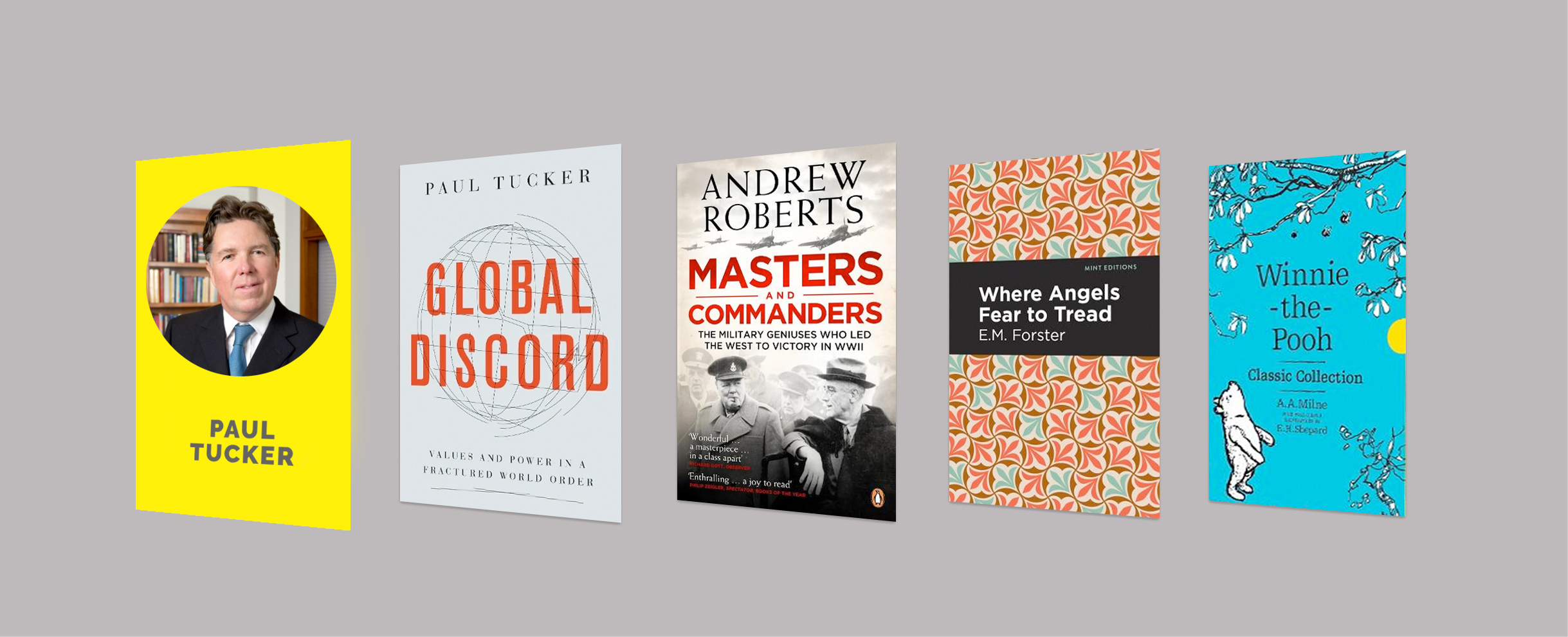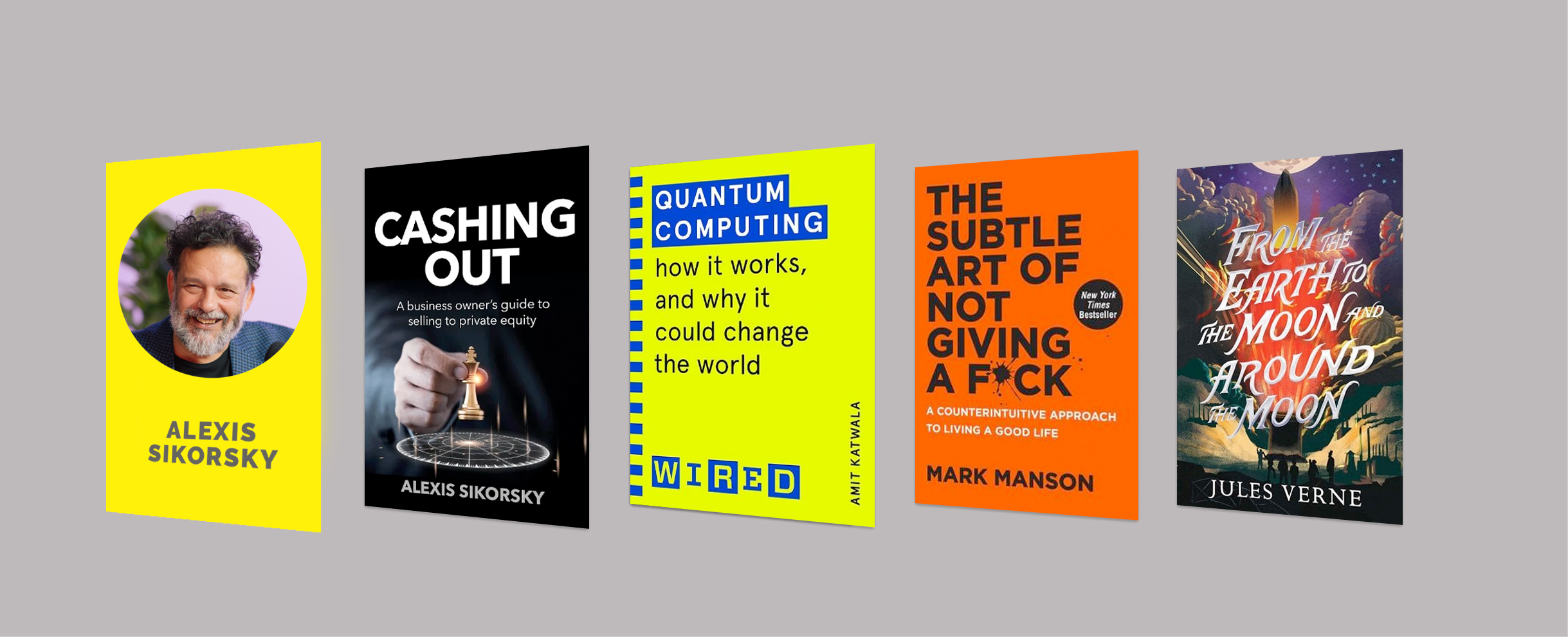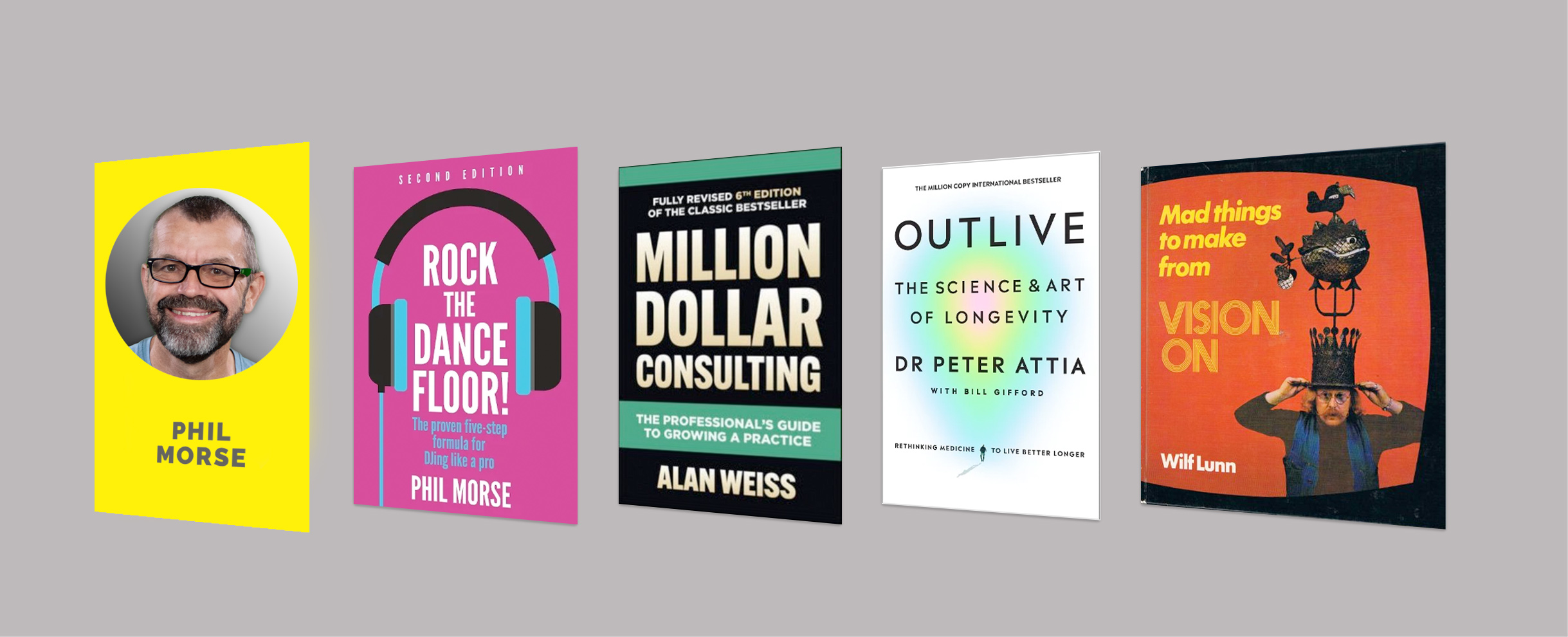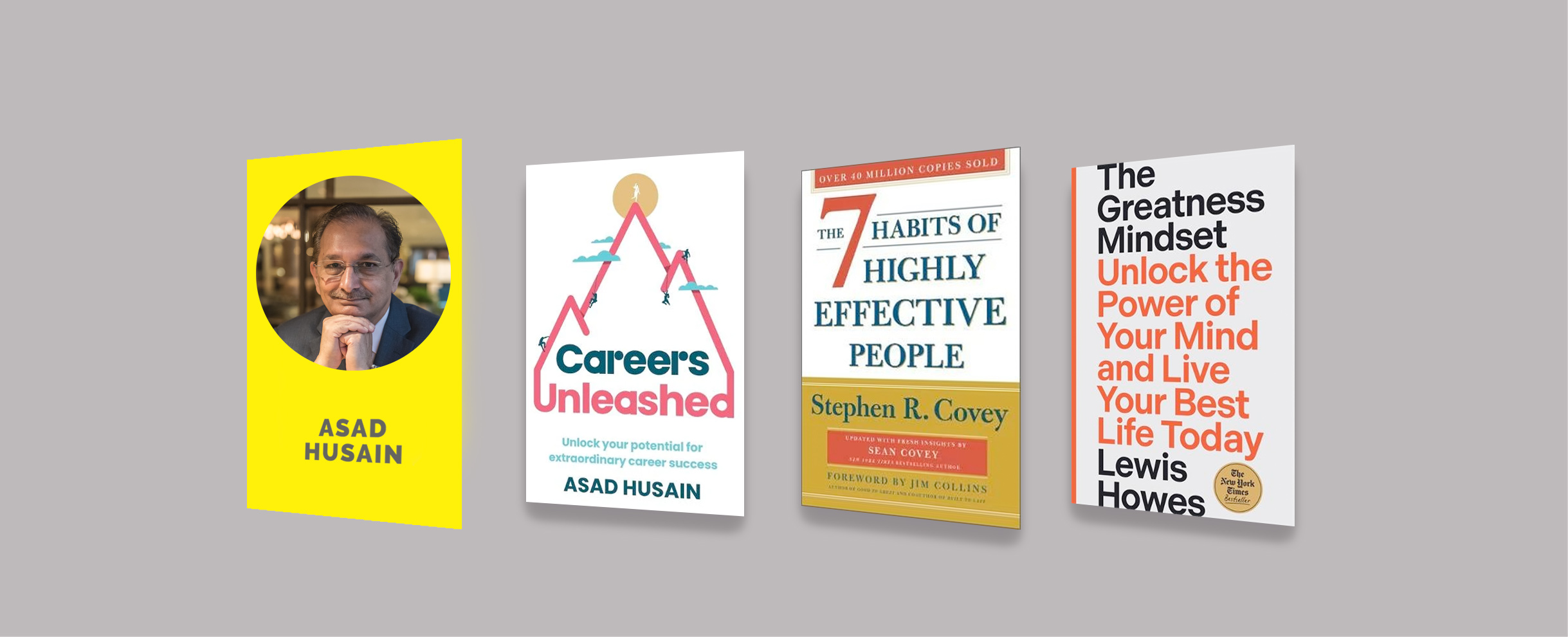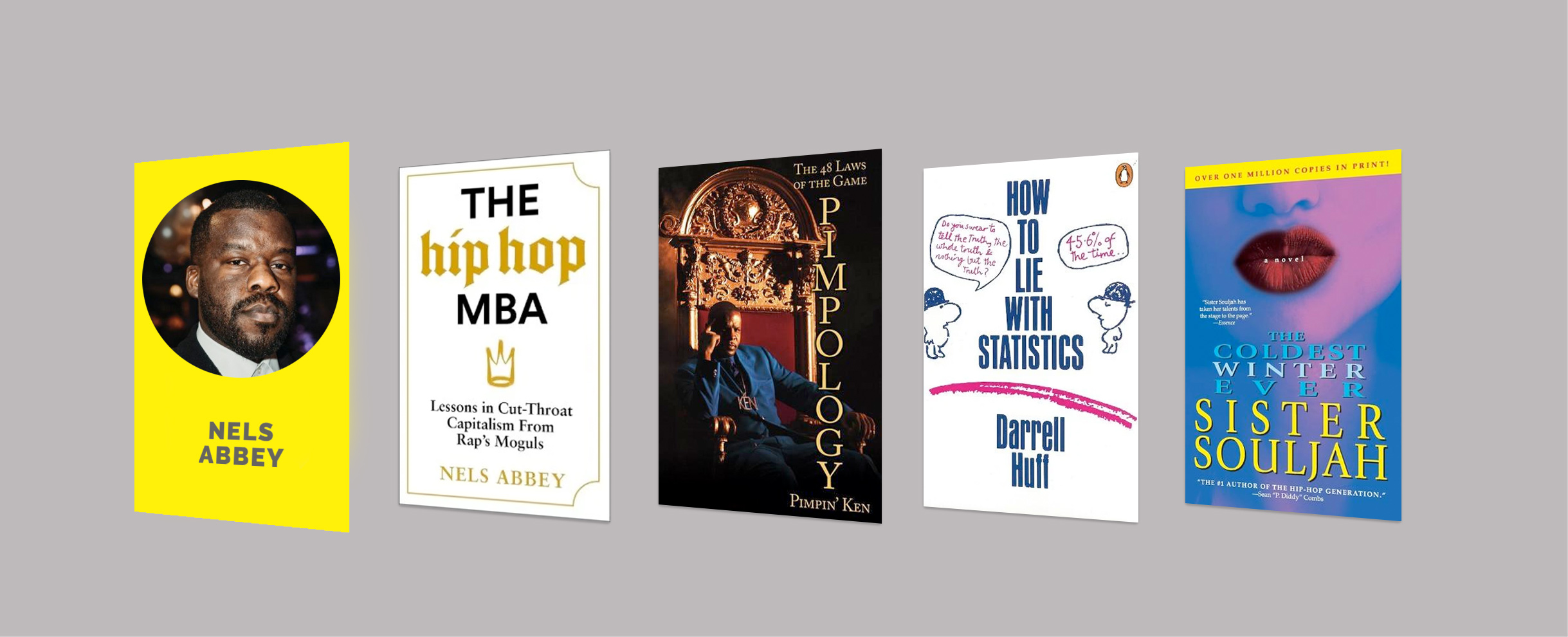Interview with Marc-William Palen, author of Pax Economica: Left-Wing Visions of a Free Trade World
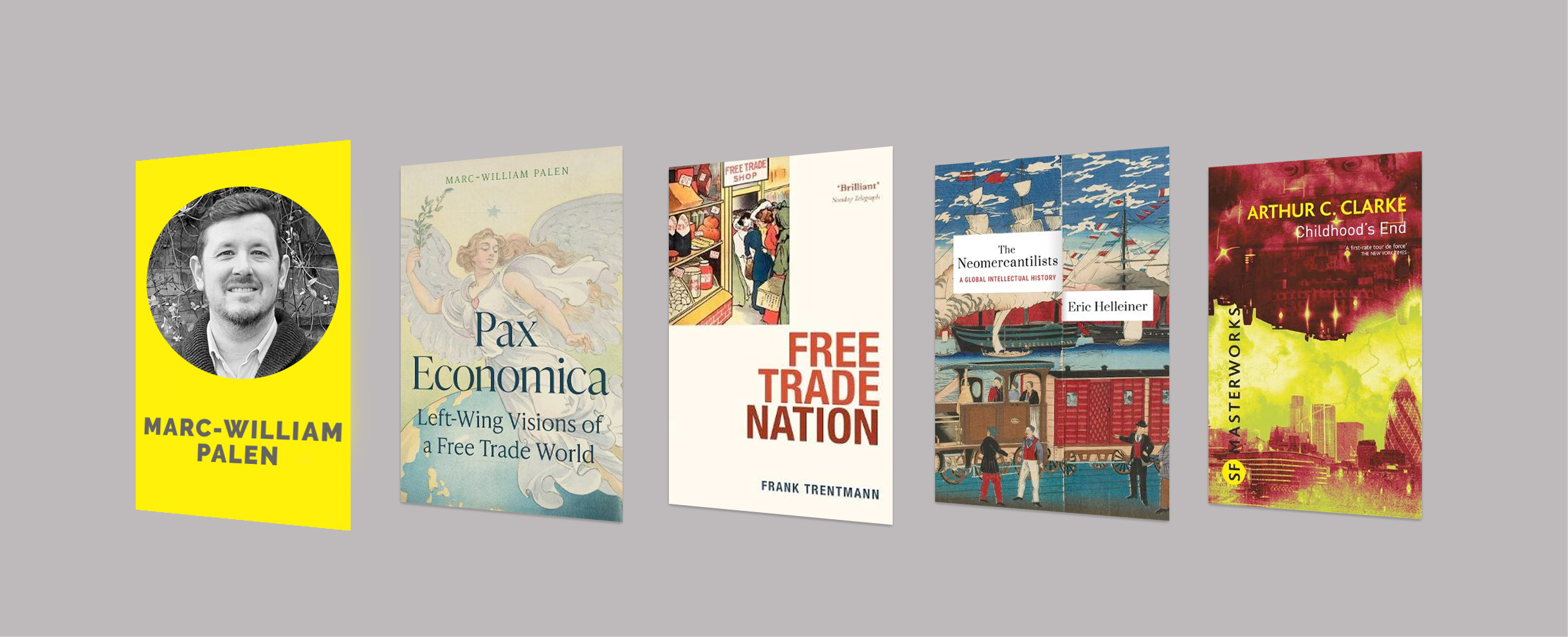
Marc-William Palen, author of Pax Economica: Left-Wing Visions of a Free Trade World recommends a fascinating selection of books! Before jumping into the interview, please check out Marc-William's book:
Description from Bookshop.org: (All links earn commission from purchases. Prices accurate at time of writing)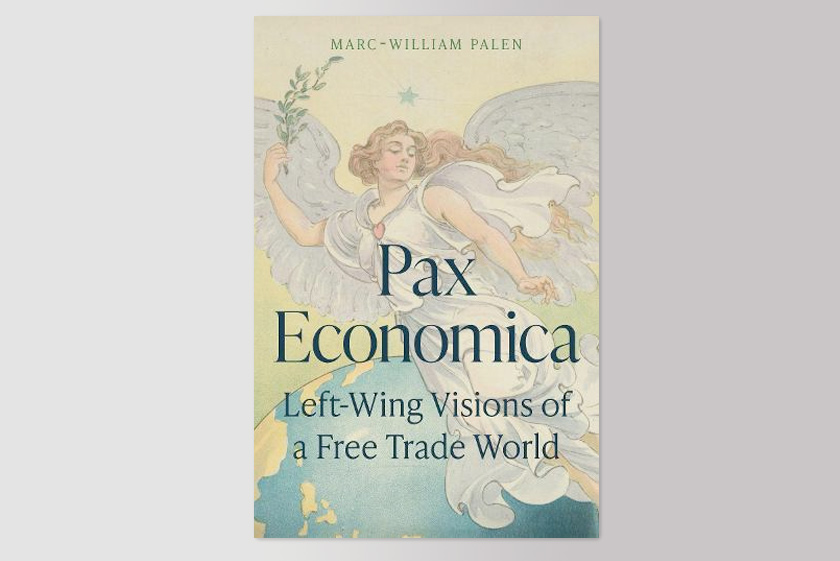
Pax Economica: Left-Wing Visions of a Free Trade World
The forgotten history of the liberal radicals, socialist internationalists, feminists, and Christians who envisioned free trade as the necessary prerequisite for anti-imperialism and peace
Today, free trade is often associated with right-wing free marketeers. In Pax Economica, historian Marc-William Palen shows that free trade and globalisation in fact have roots in nineteenth-century left-wing politics. In this counterhistory of an idea, Palen explores how, beginning in the 1840s, left-wing globalists became the leaders of the peace and anti-imperialist movements of their age. By the early twentieth century, an unlikely alliance of liberal radicals, socialist internationalists, feminists, and Christians envisioned free trade as essential for a prosperous and peaceful world order. Of course, this vision was at odds with the era’s strong predilections for nationalism, protectionism, geopolitical conflict, and colonial expansion. Palen reveals how, for some of its most radical left-wing adherents, free trade represented a hard-nosed critique of imperialism, militarism, and war.
Palen shows that the anti-imperial component of free trade was a phenomenon that came to encompass the political left wing within the British, American, Spanish, German, Dutch, Belgian, Italian, Russian, French, and Japanese empires. The left-wing vision of a “pax economica” evolved to include supranational regulation to maintain a peaceful free-trading system—which paved the way for a more liberal economic order after World War II and such institutions as the United Nations, the European Union, and the World Trade Organization. Palen’s findings upend how we think about globalisation, free trade, anti-imperialism, and peace. Rediscovering the left-wing history of globalism offers timely lessons for our own era of economic nationalism and geopolitical conflict.
Buy On:
Bookshop.org UK £30.00
Bookshop.org US $42.00
Blackwells £25.00
Waterstones £30.00
Q. Do you have a favourite smart thinking book (and why that book)?
Free Trade Nation: Commerce, Consumption, and Civil Society in Modern Britain by Frank Trentmann. Description from Bookshop.org: (All links earn commission from purchases. Prices accurate at time of writing)
This book made me realize that hard-hitting economic history can also be playful. This accessible, deeply researched book tells the fascinating story of modern Britain’s long love affair with free trade. Trentmann vividly conveys how early 20th century debates over free trade fundamentally shaped British democratic culture, with timely lessons for today.
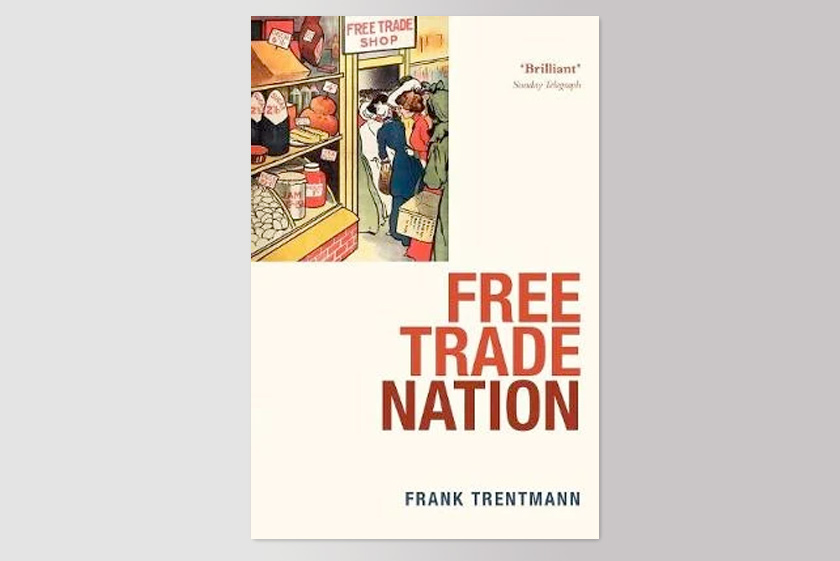
Free Trade Nation: Commerce, Consumption, and Civil Society in Modern Britain
One of Britain's defining contributions to the modern world, Free Trade united civil society and commerce and gave birth to consumer power. In this book, Frank Trentmann shows how the doctrine of Free Trade contributed to the growth of a democratic culture in Britain - and how it fell apart.
Far from the cold economic doctrine of today, in an earlier battle over globalization Free Trade was a passionately held ideal, central to public life and national identity. Free Trade inspired popular entertainment and advertising, in seaside resorts, shows, and shopping streets. It mobilized an alliance of elites and the people, businessmen and working-class women, imperialists and internationalists. Free Trade Nation follows the creation of this culture in nineteenth-century Britain, and its subsequent unravelling in the First World War and the depression of the 1930s, when consumers and internationalists, labour and business now attacked it for sacrificing international stability and domestic welfare at the temple of cheapness. These successful attacks marked the end of a defining chapter in history.The popular culture of Free Trade was never to return.
For anyone interested in the current problem of globalization, this book offers a vivid and thought-provoking perspective on the success and failure of Free Trade. For champions of trade liberalization, it is a reminder that culture, ethics and popular communication matter just as much as sound economics. Believers in Fair Trade, by contrast, will be surprised to learn that in the past it was Free Trade, not Fair Trade, that was seen to stand for values such as democracy, justice, and peace.
Buy On:
Bookshop.org UK £44.49
Bookshop.org US $66.70
Blackwells £39.49
Waterstones £44.49
Q. What's the most recent smart thinking book you've read (and how would you rate it)?
The Neomercantilists: A Global Intellectual History by Eric Helleiner. Description from Blackwells: (All links earn commission from purchases. Prices accurate at time of writing)
This book is one that I keep coming back to ever since I first dug into it a couple years back. It provides a sweeping intellectual history of modern protectionist ideas that is truly global in scope. It’s brilliantly researched and a great point of reference for those seeking to understand how we arrived at our current neomercantilist moment.
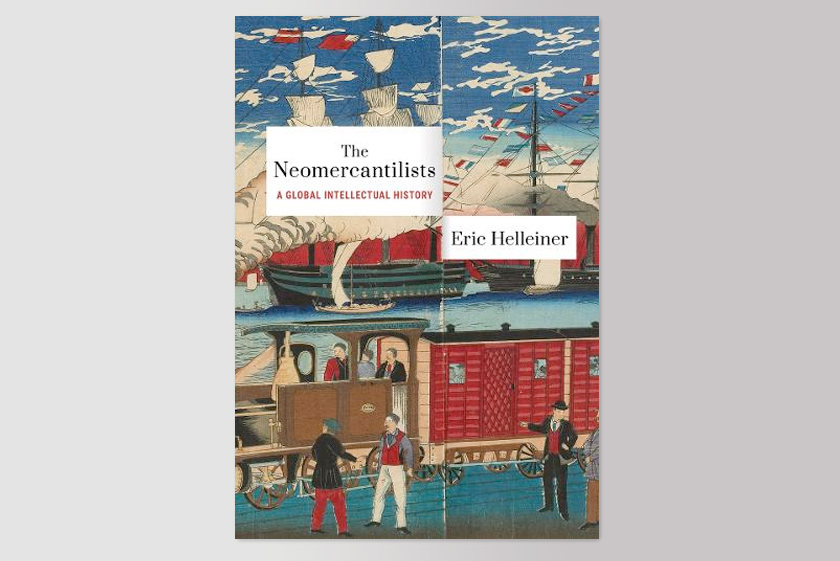
The Neomercantilists: A Global Intellectual History
At a time when critiques of free trade policies are gaining currency, The Neomercantilists helps make sense of the protectionist turn, providing the first intellectual history of the genealogy of neomercantilism.
Eric Helleiner identifies many pioneers of this ideology between the late eighteenth and early twentieth centuries who backed strategic protectionism and other forms of government economic activism to promote state wealth and power. They included not just the famous Friedrich List, but also numerous lesser-known thinkers, many of whom came from outside of the West.
Helleiner's novel emphasis on neomercantilism's diverse origins challenges traditional Western-centric understandings of its history. It illuminates neglected local intellectual traditions and international flows of ideas that gave rise to distinctive varieties of the ideology around the globe, including in Latin America, the Caribbean, Africa, and Asia. This rich history left enduring intellectual legacies, including in the two dominant powers of the contemporary world economy: China and the United States.
The result is an exceptional study of a set of profoundly influential economic ideas. While rooted in the past, it sheds light on the present moment. The Neomercantilists shows how we might construct more global approaches to the study of international political economy and intellectual history, devoting attention to thinkers from across the world, and to the cross-border circulation of thought.
Buy On:
Bookshop.org US $63.54
Blackwells £42.00
Waterstones £47.00
Q. Do you have a favourite childhood book?
Childhood’s End by Arthur C. Clarke. Description from Bookshop.org: (All links earn commission from purchases. Prices accurate at time of writing)
I was a voracious reader of all things fantasy growing up. That is, until I came across this classic from Arthur C. Clarke. Aliens, utopia, the devil, and human evolution all move together in clever and surprising ways from start to finish. It’s fair to say that this was the book that got me into science fiction.

Childhood’s End
When the silent spacecraft arrived and took the light from the world, no one knew what to expect. But, although the Overlords kept themselves hidden from man, they had come to unite a warring world and to offer an end to poverty and crime. When they finally showed themselves it was a shock, but one that humankind could now cope with, and an era of peace, prosperity and endless leisure began.
But the children of this utopia dream strange dreams of distant suns and alien planets, and begin to evolve into something incomprehensible to their parents, and soon they will be ready to join the Overmind ... and, in a grand and thrilling metaphysical climax, leave the Earth behind.
Buy On:
Bookshop.org UK £14.24
Bookshop.org US $15.81
Blackwells £14.99
Waterstones £14.99
Q. Do you prefer reading on paper, Kindle or listening to an audiobook?
I prefer reading on paper, but nowadays tend towards e-books because of the convenience. I can remember having to drive to second-hand shops all over town looking in vain for a book, and sometimes waiting weeks or months before it finally turned up. Now, in our Kindle Age, I can near-instantaneously dive into just about any book with a couple clicks. Also, travelling with e-books is much, much kinder on my neck and back.
Q. Do you have a favourite bookshop (and why that shop)?
bookhaus:
Bookhaus in Bristol is an artfully curated blend of radical, current, and hip. I want to buy half the store every time I go in, and the book events with authors are always intimate and intellectually stimulating. Bristol is very lucky to have this gem of a bookshop.
Many thanks to Marc-William for recommending a fascinating selection of books! Please don't forget to check out Pax Economica: Left-Wing Visions of a Free Trade World.
Daryl
Image Copyrights: (Pax Economica: Left-Wing Visions of a Free Trade World), Oxford University Press (Free Trade Nation: Commerce, Consumption, and Civil Society in Modern Britain), Cornell University Press (The Neomercantilists: A Global Intellectual History), Orion Publishing Co (Childhood’s End).
< Home

